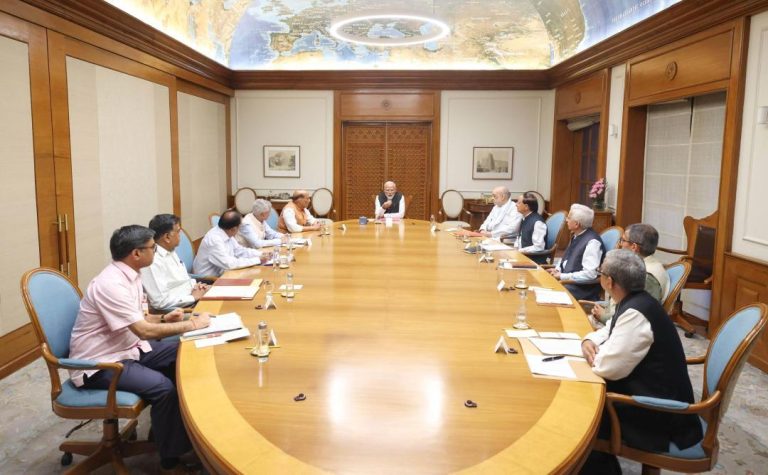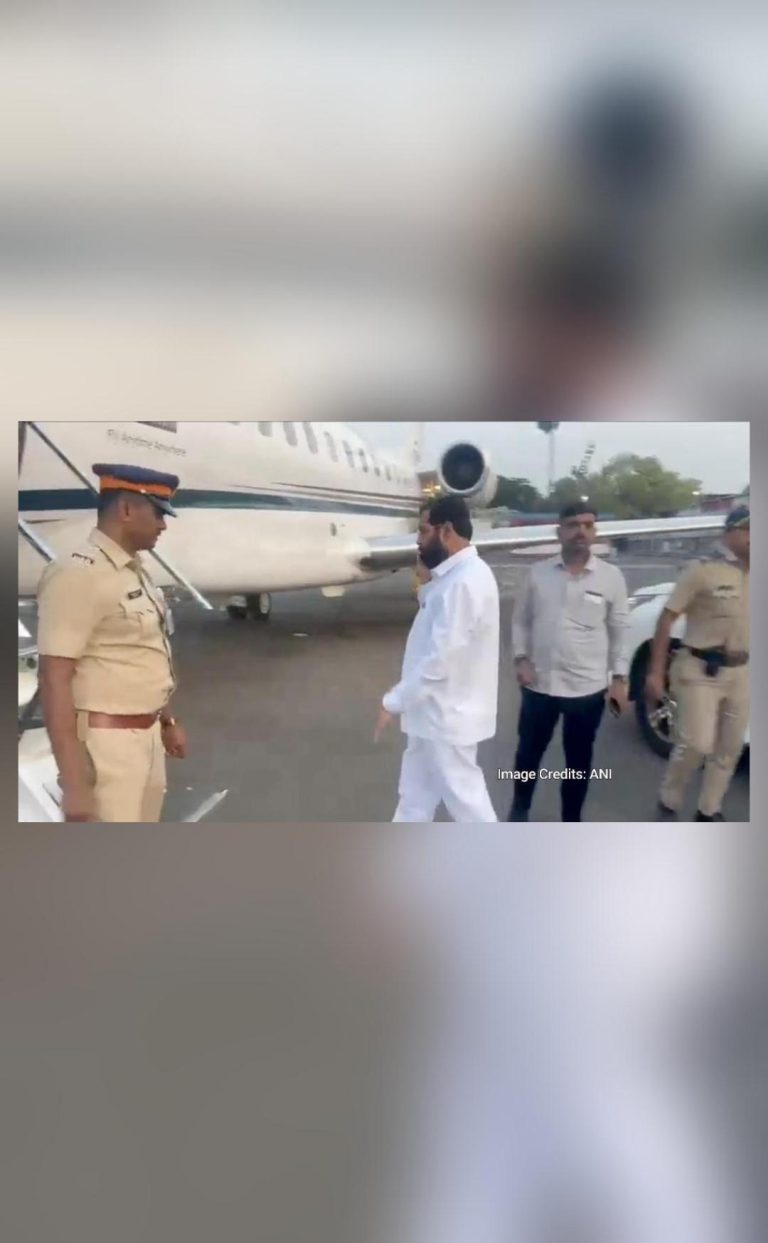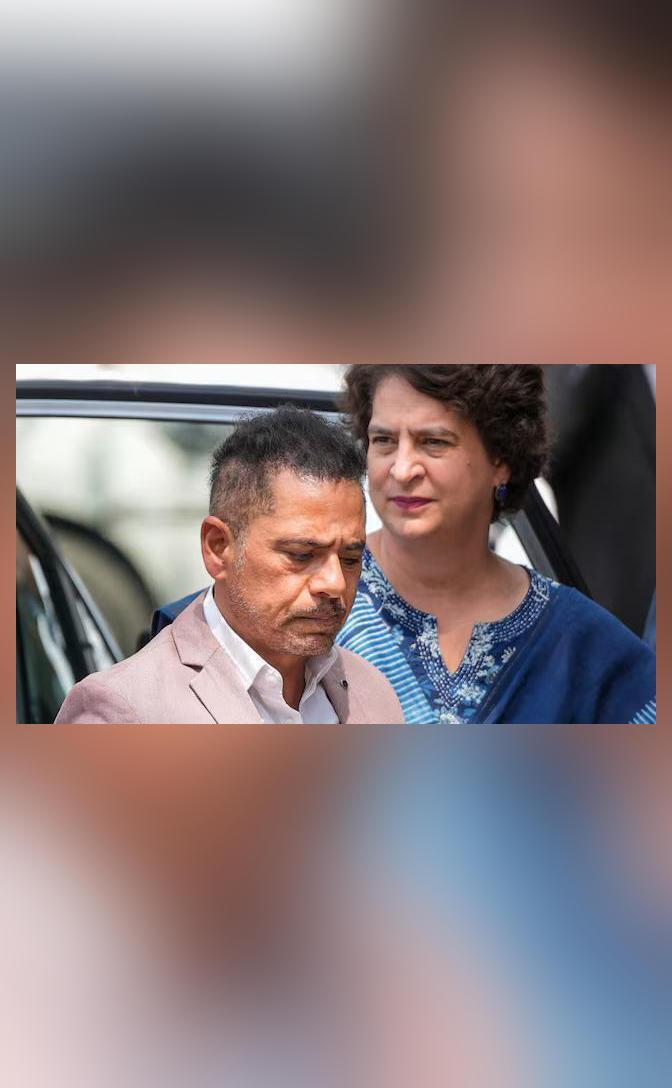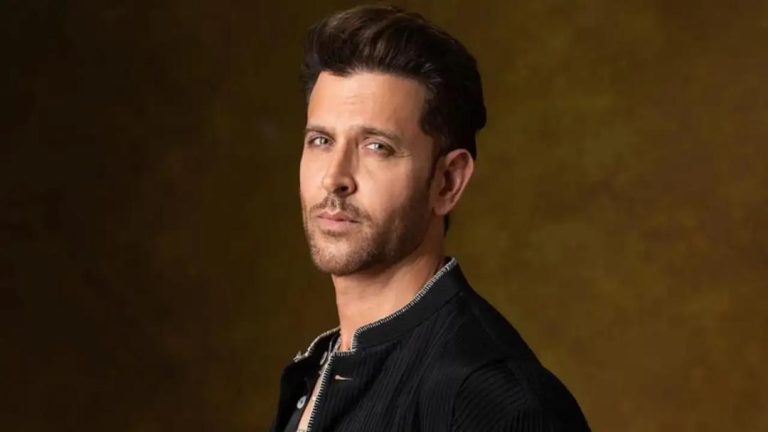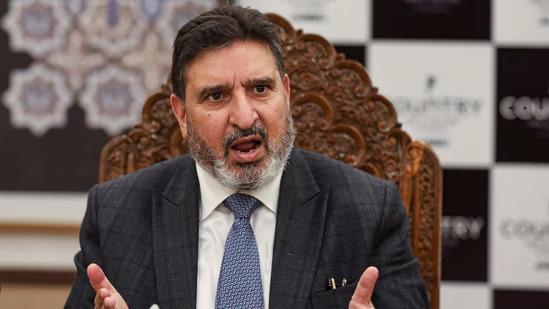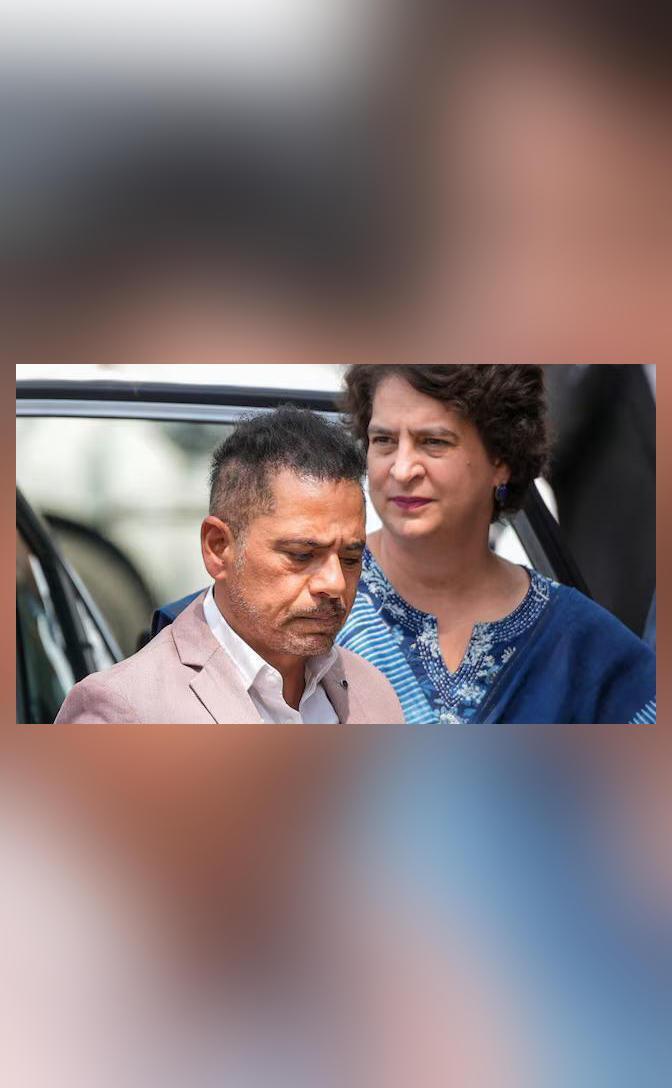
What does Vadra know about Hindutva: Relative of man killed in J&K
The recent statement made by Robert Vadra, husband of Congress MP Priyanka Gandhi, has sparked outrage and criticism from various quarters. In an interview, Vadra had said that “Muslims are feeling weakened in India”, which has been widely condemned as an attempt to stoke communal tensions. Amidst the backlash, a relative of Manjunath Rao, a victim of the recent terror attack in Pahalgam, Jammu and Kashmir, has expressed his strong disapproval of Vadra’s remarks.
Manjunath Rao, a Karnataka-based businessman, was among the six people who lost their lives in the terrorist attack on a bus in Pahalgam on October 11. His relative, who wishes to remain anonymous, spoke to a leading news channel and expressed his shock and disappointment at Vadra’s statement.
“What does he know about Hindutva?” the relative asked, his voice laced with anger and frustration. “This was not expected from him. Terrorists don’t have any religion. He should take his words back.”
The relative’s sentiments are echoed by many across the country, who believe that Vadra’s statement is an attempt to divide the Hindu and Muslim communities. The timing of his statement is also being seen as suspicious, coming as it does just days after the Pahalgam terror attack.
The attack, which was claimed by the Lashkar-e-Taiba terrorist group, has sent shockwaves across the country and has led to widespread condemnation of terrorism. The victims, including Manjunath Rao, were all innocent civilians who were targeted by the terrorists for no reason other than their religion.
The Pahalgam terror attack is just the latest in a series of attacks that have taken place in Jammu and Kashmir in recent months. The region has been plagued by terrorism for decades, and the recent attacks have raised concerns about the ability of the government to protect its citizens.
In the face of such challenges, it is more important than ever that politicians like Robert Vadra refrain from making inflammatory statements that could exacerbate communal tensions. Instead, they should focus on working towards a solution to the problem of terrorism and promoting unity and harmony among all communities.
The relative of Manjunath Rao’s spoke out against Vadra’s statement because he believes that it is essential to stand up against divisive rhetoric and promote a message of unity and inclusivity. “We should not divide ourselves on the basis of religion,” he said. “We are all Indians, and we should stand together against terrorism and extremism.”
Vadra’s statement has also been criticized by many others, including politicians and civil society leaders. The Congress party, of which Priyanka Gandhi is a member, has distanced itself from Vadra’s comments, saying that they do not reflect the party’s views.
Despite the backlash, Vadra has refused to withdraw his statement or apologize for his comments. In a recent interview, he defended his remarks, saying that they were intended to highlight the plight of Muslims in India.
However, many have argued that Vadra’s statement was misguided and harmful, and that it was an attempt to stoke communal tensions rather than address the real issues facing Muslims in India. The relative of Manjunath Rao’s, for example, believes that Vadra’s statement was an attempt to “divide and rule” and that it has no basis in reality.
As the country mourns the loss of innocent lives in the Pahalgam terror attack, it is more important than ever that politicians like Robert Vadra refrain from making inflammatory statements that could exacerbate communal tensions. Instead, they should focus on working towards a solution to the problem of terrorism and promoting unity and harmony among all communities.
